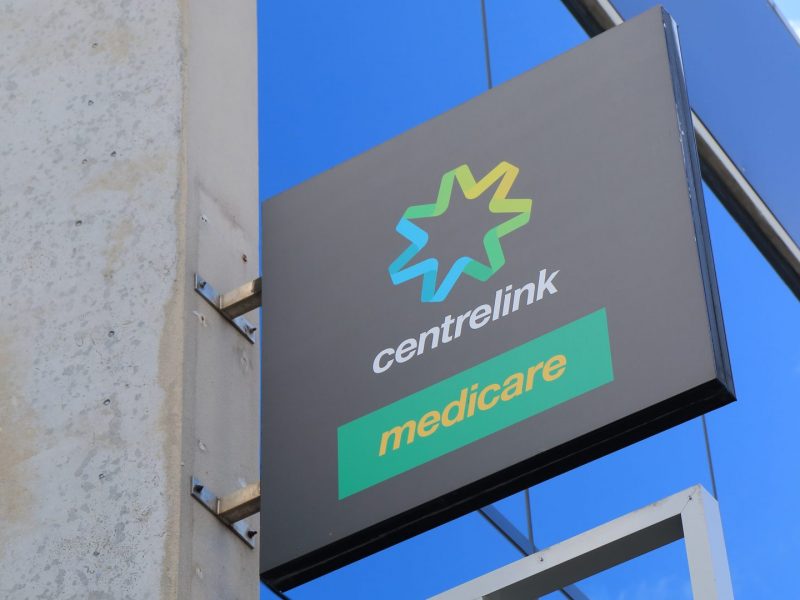Why do I need to advise Centrelink of a compensation payment?
The policy expressed under Part 3.14 of the Social Security Act 1991 is that if a person has been compensated for loss of income, they should use that money to live on rather than receive taxpayer-funded payment.
How does a Lump Sum Compensation Payment affect my Centrelink payments?
Where a person has received Centrelink Income Support Payments after the injury or illness and is later successful in obtaining compensation for their loss of income and/or future loss of earning capacity by settlement or judgment of the Court, Centrelink will calculate the period to apply for the purposes of any preclusion in ineligibility for Centrelink Income Support Payments.
In effect this means that if the person was in receipt of Income support payments from Centrelink prior to the resolution of their claim, Centrelink may require reimbursement for payments made and/or preclude the person from receiving or applying for Income Support Payments into the future for a period of time (‘Preclusion Period’). How long and the amount of the prepayment will depend on the size of the actual or deemed compensation amount applicable.
How is the Preclusion Period calculated?
How Centrelink calculates the Preclusion Period depends largely on whether:
a) there is a Court ordered judgment, after a contested Court Hearing or assessment, in which the precise amount of the compensation for past economic loss and/or future loss of earning capacity is identified; or
b) there is a settlement between the parties.
How the claim is resolved, either by the Court or by settlement, can affect when the lump sum is deemed to have been received, but also the amount used to calculate the Preclusion Period i.e. the loss of income component of the lump sum is relied on or whether the 50% rule is to be applied.
What is the 50% rule?
Where there is no specific Court finding as to the amount of the economic loss component of the compensation amount, Centrelink will apply the 50% rule. The 50% rule deems half of the gross lump sum payment (including legal costs) as the compensation component in all cases where all or part of the payment is for lost earnings or loss of capacity to earn.
Example:
John claim compensation for his injuries which included an amount for loss of earnings. He received a settlement of $100,000. $50,000 was deemed as being the compensation component relating to lost earnings or lost capacity to work.
What is a Preclusion Period?
The Preclusion Period is that period in which a person is deemed ineligible to receive Centrelink Income Support Payments because of the entitlement to a lump sum compensation payment. It is calculated by dividing the compensation part of the lump sum payment by the applicable divisor at applying at the time the lump sum payment is received (‘Settlement Date’) (currently $1020.40) and calculated from the date of injury/illness.
The result is a period of complete weeks, with broken periods rounded down to the nearest whole week. The recipient of the compensation lump sum will be required to repay an amount equivalent to the value of benefits received during the Preclusion Period, and where the Preclusion extends beyond the Settlement Date will be prevented from applying for or receiving Centrelink Income Support Payments until the Preclusion Period has expired.
The preclusion period does not affect the partner of the person.
Example:
Amy received a lump sum payment of $200,000.00 by way of a settlement. The date of her accident was 23 February 2017. She was unable to work after her accident and claimed the Disability Support Pension through Centrelink. As part of her claim she sought damages income loss in her compensation claim.
Centrelink deemed 50% to apply to her loss of income claim, resulting in a Preclusion Period commencing on 23 February 2017 and ending 10 January 2019. Over that period, she had received $24,227.71 from Centrelink under the Disability Support Pension. Centrelink issued a Notice of Charge against her settlement funds held by the compensation payer, requiring reimbursement prior to the release of the balance of funds to her.
What information does Centrelink need to know?
Centrelink must be advised when a person has resolved a claim for compensation in any of the following cases:
– A work-related illness
– An injury sustained in a car accident
– An injury from slipping or tripping
– An injury because of the negligence or fault of someone else
So what do I need to do?
The compensation payer is obliged to advise Centrelink when a compensation claim is resolved and cannot release any amount of the settlement sum to you until a Notice of Charge or Centrelink Clearance is received.





